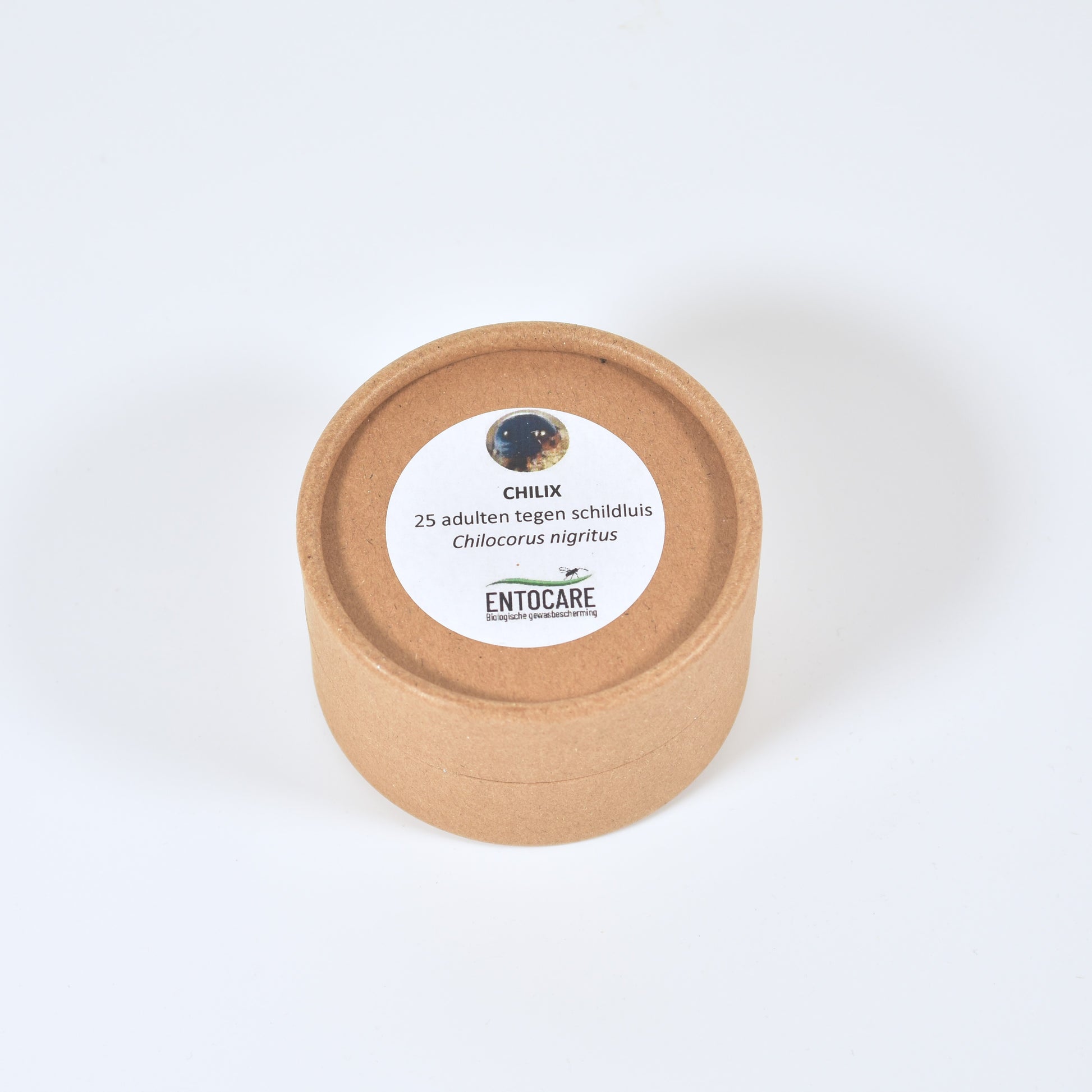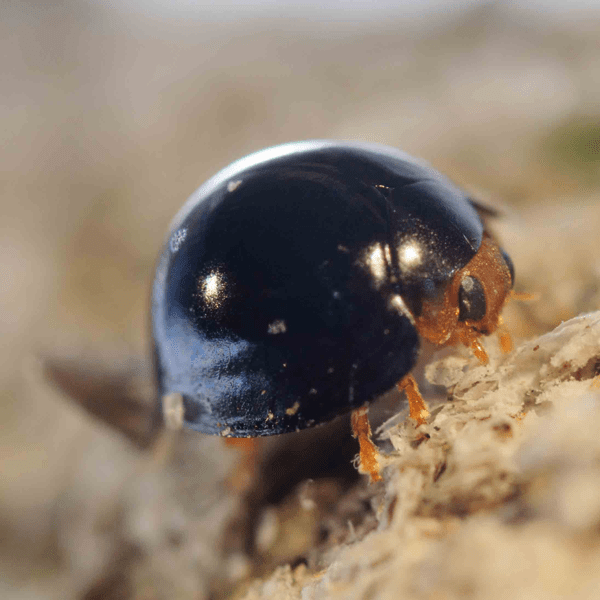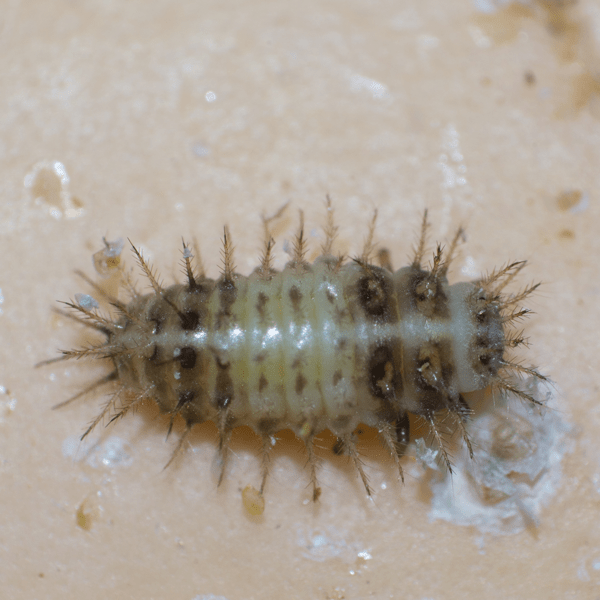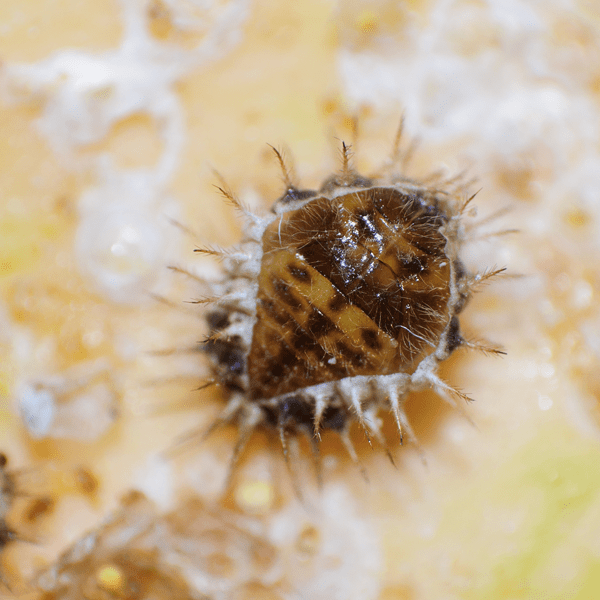Entocare
CHILOCORUS NIGRITUS - 25
CHILOCORUS NIGRITUS - 25
against armoured scales
CHILOCORUS NIGRITUS is a black predatory beetle that can be used for the biological control of various armoured scale species, such as olander scale, fern scale and cactus scale. The product is especially suitable for application in greenhouses and functions best in warm and humid environments. The adult beetles are packaged per 25 in a small jar with paper shreds.
Specificaties
Specificaties
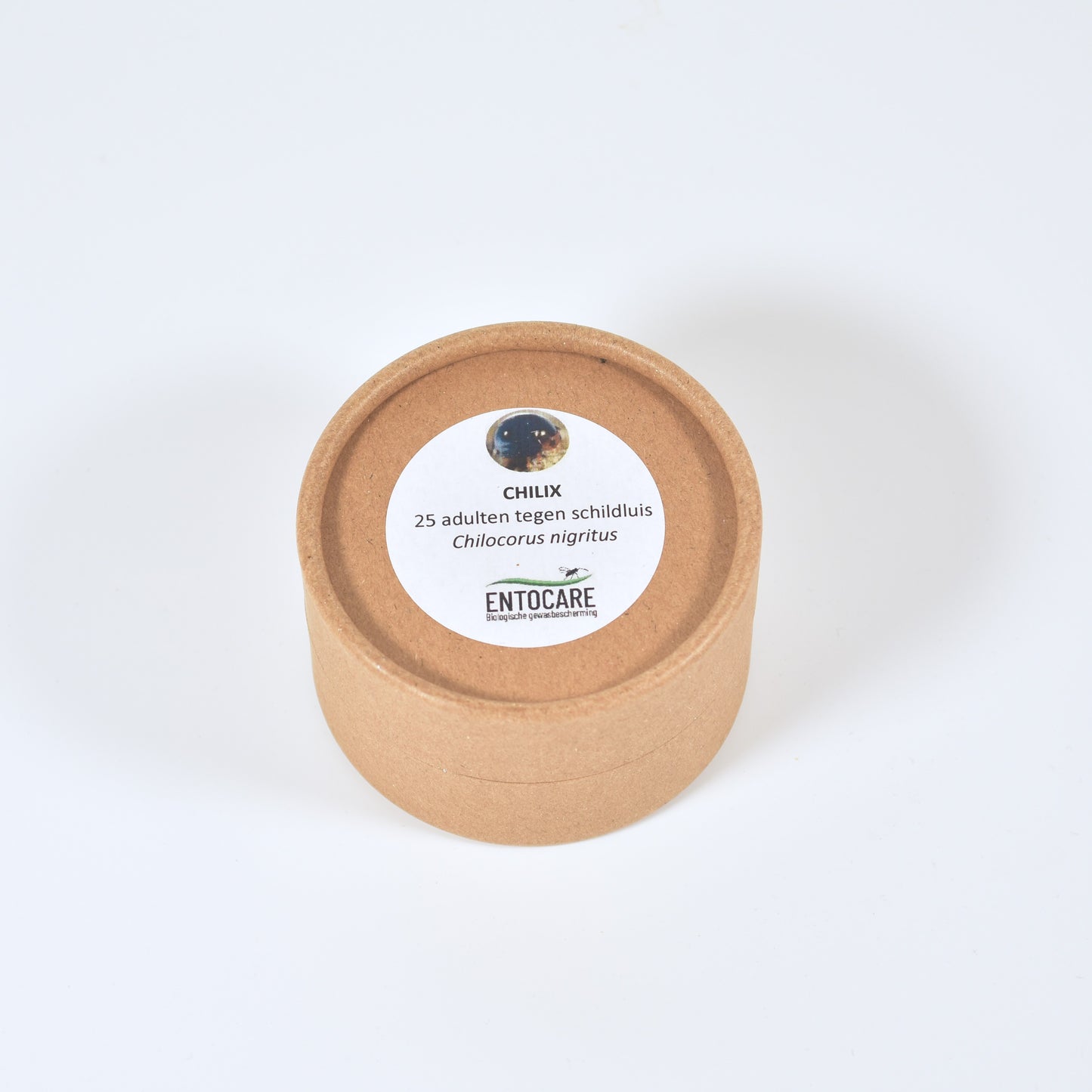
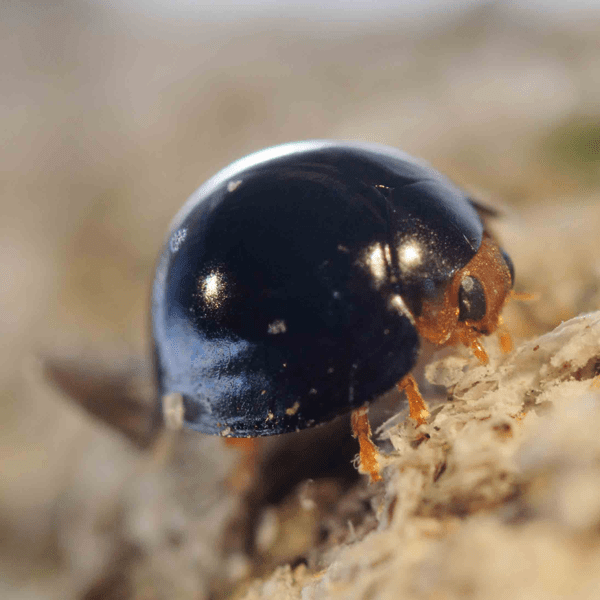
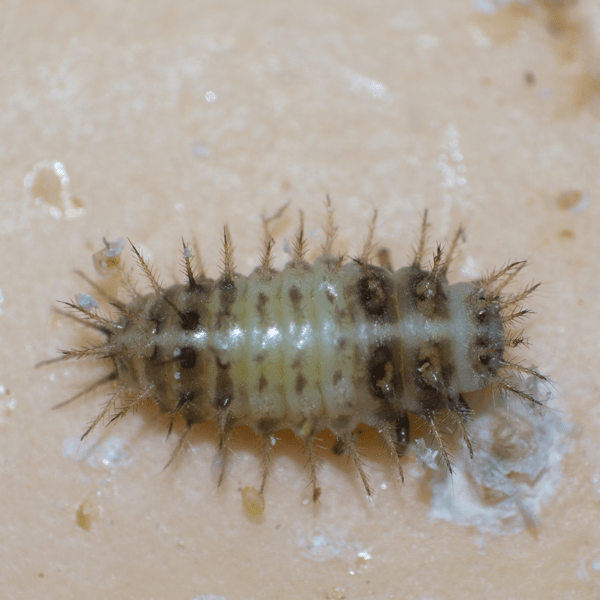
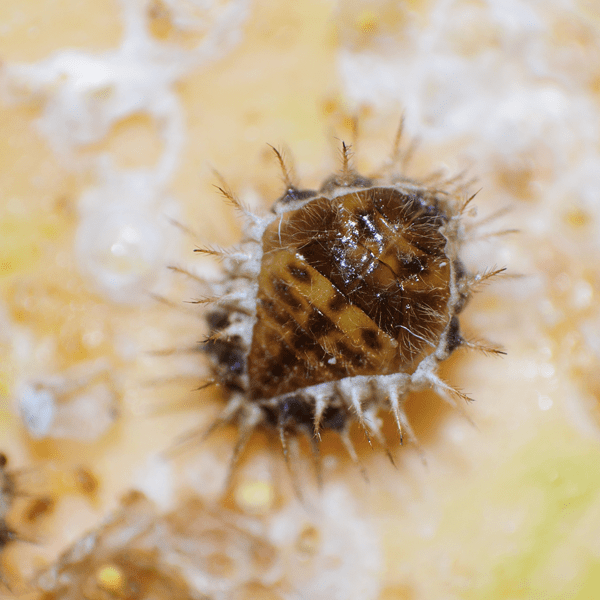
What is CHILOCORUS NIGRITUS?
CHILOCORUS NIGRITUS is a black beetle of about 4 mm. The orange-brown head of the beetle is difficult to distinguish. The ventral side of the beetle has a maroon color. Larvae are yellow-brown to grey with a prickly appearance. The beetle can be used for the biological control of various armoured scale species; such as oleander scale; cactus scale and fern scale.
How does CHILOCORUS NIGRITUS work?
The predatory beetles eat all stages of the armoured scale. They lift the scale and feed on what is hidden underneath. Feeding patterns can be recognized as holes in the edge of the scale or a scale that is completely flipped over. CHILOCORUS NIGRITUS even feeds on armoured scales that have a very hard and tough scale.
How to combine CHILOCORUS NIGRITUS
CHILOCORUS NIGRITUS is great in combination with the parasitoids APHYTIS MELINUS and ENCARSIA CITRINA. The parasitoids are excellent searchers and find individual armored scales to parasitize. The predatory beetles are very efficient under high densities of armored scales. The combination with predatory beetle RHYZOBIUS LOPHANTHAE is also possible. RHYZOBIUS LOPHANTHAE functions slightly better at lower temperatures.
![]()
March - September
![]()
T = 22 - 30°C
![]()
RV = 60 - 80%
![]()
indoor garden, ornamental production
- Release the beetles in hot spots3-5 beetles per m²
- Repeat 3-4 times.
- Private customers: One package per 1-3 plants.
- Open the jar near the pest.
- Distribute the shredded paper with the beetles over the plants.
- Leave the jar opened near the plant so the remaining beetles can leave the jar.
- The beetles will immediately start looking for prey.

